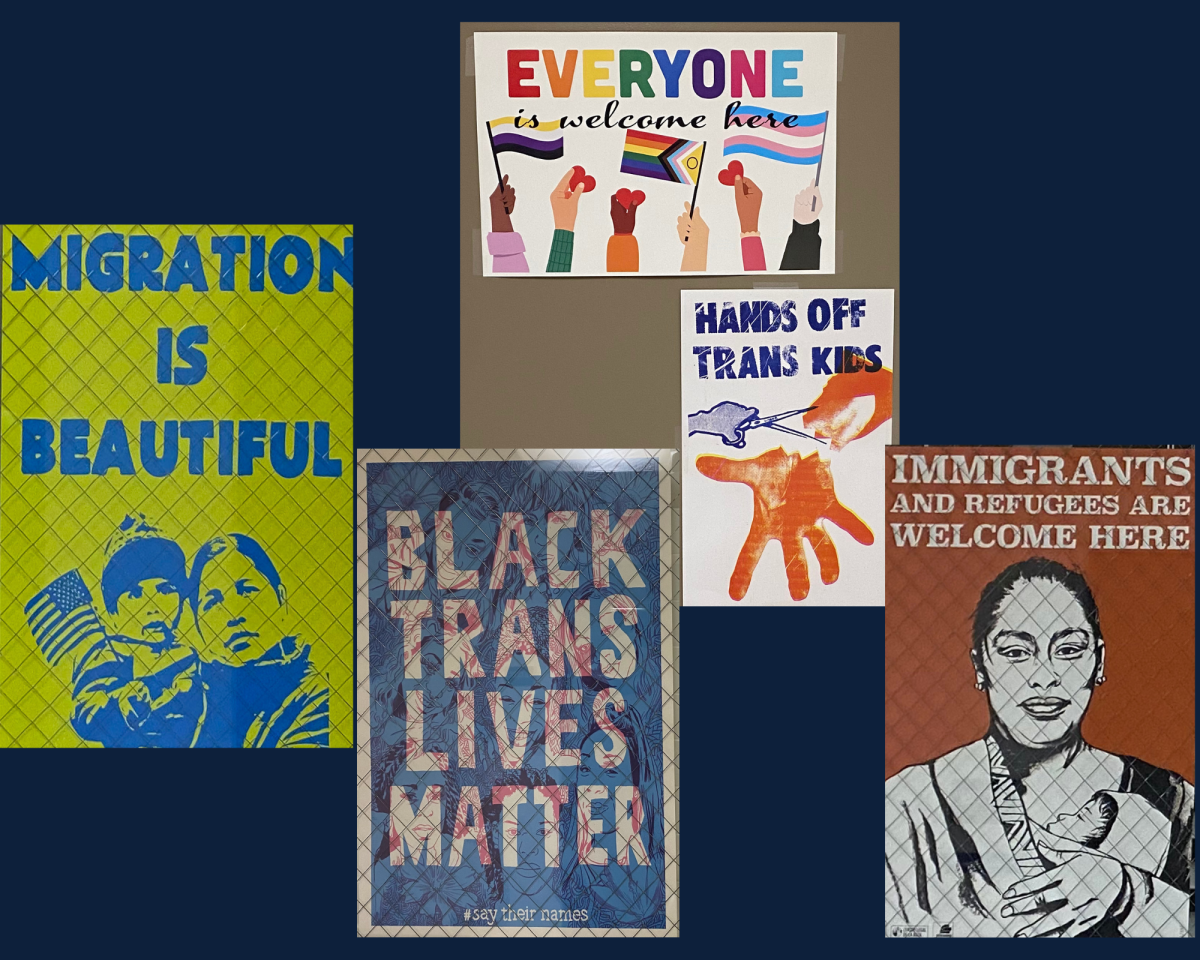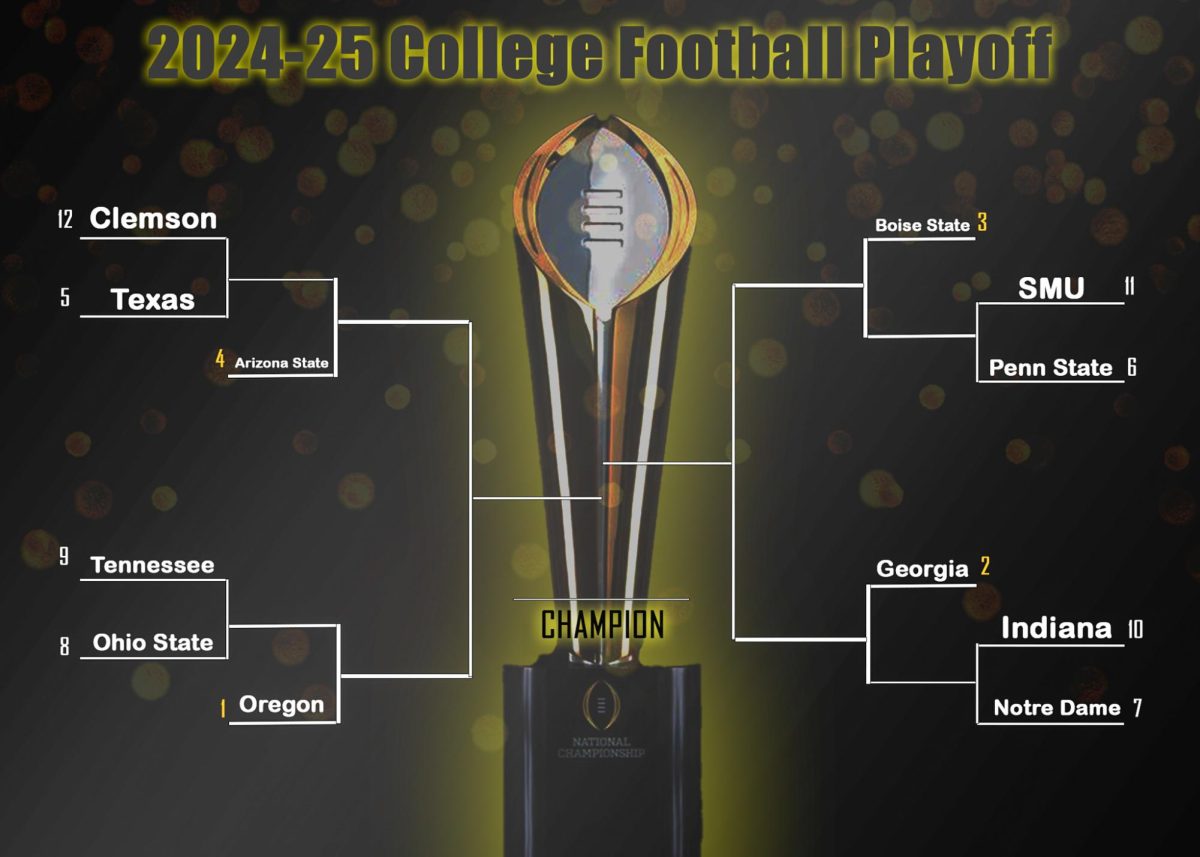When my mom first talked to me about getting the Gardasil vaccine, I didn’t really understand. As a 15-year-old I personally didn’t need it, but my mother helped me understand that there would come a day when I would need to be protected. At that time it wasn’t my choice whether or not I got the vaccine.
Gov. Jerry Brown signed Assembly Bill 499, which allows girls 12 and older to seek medical care to prevent sexually transmitted infections (STIs) without parental consent, into law on Sunday, Oct. 9. The bill is effective Jan. 1, 2012.
According to the Centers for Disease Control and Prevention (CDC) the human papillomavirus (HPV) is the leading cause of cervical cancer. There are two vaccines available to protect females against the types of HPV that cause most cervical cancers, Cervarix and Gardasil. Not only are these vaccines protective; they are also safe. All vaccines used in the United States are required to go through years of extensive safety testing before the U.S. Food and Drug Administration (FDA) can license them.
Randy Thomasson, president of the conservative Web site SaveCalifornia.com, said in a prepared statement that the bill gives girls “a false sense of security that they can have all the sexual activity they want without risking developing cervical cancer or a raft of other negative consequences.”
Teens are not thinking about cervical cancer while they have sex. So they certainly would not be thinking, “I got an HPV vaccination so I’m protected from cervical cancer.” I doubt that young girls will even go and get the HPV vaccinations just because now they can without parental consent.
From personal experience, even though I was able to do something without my parents’ permission, I still wouldn’t. I know many kids don’t do what their parents say, so perhaps I’m the exception.
Having said that, I think all young girls should be getting the vaccines. It does not mean it’s OK to have sex and it is up to parents to make sure their kids understand that. No matter what, parents will not be able to control when their children start to have sex.
Because of that, parents should have the “sex talk” early, and help their young teens prepare for situations they will no doubt encounter. Talking about sex may be uncomfortable, but it is imperative for parents to have a strong line of communication with their kids. And this is from a child’s standpoint. I do not have kids, but I’m still a teenager and I know how important that communication is. My parents and I have always had a very open way of communicating and that has helped me through my adolescent years.
Not only did my parents teach me right from wrong, but they taught me how to decide between right and wrong. When I did choose wrong, which at times I did, they would help me understand why it was wrong. Being raised in that manner has helped my outlook on life and I now know how to make important decisions in the future.
It is not Brown’s responsibility to raise the kids of California; he is simply trying to prevent the spread of HPV. It’s up to the parents of California to teach their kids about sex and sexually transmitted diseases. Knowledge is very powerful and a knowledgeable child is a child prepared to make intelligent and responsible decisions.








Roger • May 7, 2017 at 7:10 am
After three doses the protection lasts only up to 8 years. The cancer risk from HPV is astronomically small until the mid 50s. Wait until you are 50. Gardisil is highly profitable for Merck. $135 a dose, and three are required for protection. Plus it only works against one subtype of HPV. Your doctor won’t tell you any of that because his paycheck depends on pushing unnecessary vaccines. By the way there have been several vaccine injuries from Gardisil. Google it before you shoot it into your body; try vactruth, nvic, drsuzanne, or vaccine-injury.